Studio de Musique Ancienne de Montréal - Charpentier: Motets pour la semaine sainte; Messe à quatre choeurs (2005)
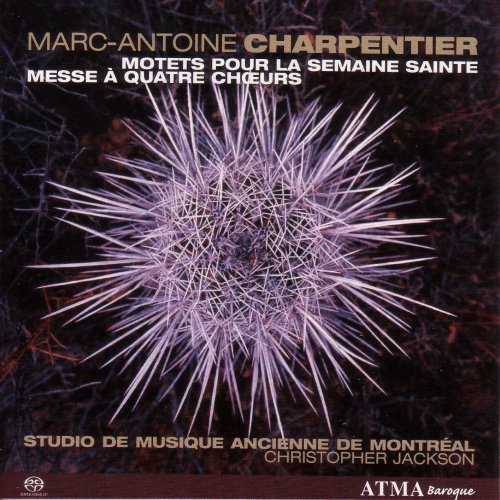
Artist: Studio de Musique Ancienne de Montréal & Christopher Jackson
Title: Charpentier: Motets pour la semaine sainte; Messe à quatre choeurs
Year Of Release: 2005
Label: ATMA Classique
Genre: Classical
Quality: FLAC (image + .cue, log, artwork)
Total Time: 1:02:02
Total Size: 304 MB
WebSite: Album Preview
Tracklist:Title: Charpentier: Motets pour la semaine sainte; Messe à quatre choeurs
Year Of Release: 2005
Label: ATMA Classique
Genre: Classical
Quality: FLAC (image + .cue, log, artwork)
Total Time: 1:02:02
Total Size: 304 MB
WebSite: Album Preview
01. Grand Motet sur le Psaume 70 “In te Domine speravi” H.228
02. Grand Motet sur le Psaume 26 “Dominus illuminatio mea” H.229
03. Grand Motet sur le Psaume 15 “Conserva me Domine” H.230
Messe à Quatre Chœurs H.4
04. Kyrie
05. Gloria
06. Credo
07. Sanctus
08. Agnus Dei
The music of Marc-Antoine Charpentier has a moderate range and a deceptively simple harmonic framework that lead a wide variety of performing forces to attempt his works. The little Messe de minuit was a Christmastime favorite even in the years when French Baroque music was almost unknown otherwise. But choirs can get in over their heads, and that happens here even to Le Studio de Musique Ancienne de Montréal, a group that has released fine recordings of music by Carissimi and other Baroque composers. Charpentier worked in the upper echelons of the musical world under Louis XIV, the Sun King, one of the most regimented and exacting musical environments ever to have existed on the face of the earth. The works on this album -- three "Grands Motets" (psalm settings) for Holy Week plus a Messe à quatre choeurs -- provide ample evidence for the musical difficulties that lurk beneath the stepwise melodies and distinct blocks of massed sound in Charpentier's choral music. They are brimming with bizarre dissonances. Charpentier, as quoted in the liner notes here, bragged that he could get away with outrageous experiments because of the large ensembles at his disposal: "the forbidden intervals sound good with 16 voices," he wrote, but "for eight they are excusable, and for six, four, three, two, and one, they are intolerable." Matching his harmonic approach is a very subtle treatment of rhythmic shifts that goes far beyond the vivid strokes of triple meter that were standard in the oratorio style Charpentier inherited. Much of Charpentier's music has the same hothouse atmosphere we find in that of François Couperin; Charpentier's hothouse is just bigger.
What this means in performance is that the intonational confidence and rhythmic crispness that conductor William Christie has brought to Charpentier's works is absolutely essential. But it is lacking in places on this ambitious super audio CD. Perhaps there was some kind of non-equal-temperament tuning being attempted, but if so, the mostly Montreal-area soloists, the choir, and the organist weren't always on the same page about it; startling pitch mismatches between the end of one section and the beginning of the next occur several times. Most troublesome of all is that the choir just seems uncertain about laying into those dissonances. Take the absolutely scrumptious half cadence that occurs about three and a half minutes into the Credo of the mass, track six, for an example. The soloists' treatment of the following Crucifixus section is sensitive, but they don't have the commanding quality necessary for the subsequent Resurrexit. This was obviously a recording on which plenty of money was lavished; the cover, featuring a spectacular thistle-like flower, is a beautiful evocation of the Baroque spirit, and Atma's SACD sound is top-notch. Overall, though, there are better choices for those who have gotten interested in Charpentier. Recordings of the motets are hard to come by, a factor that may recommend this disc. But the recording of the mass on Hyperion, by the Ex Cathedra Chamber Choir and Baroque Orchestra, is preferable. Here's hoping for a Christie recording of this music. -- James Manheim
What this means in performance is that the intonational confidence and rhythmic crispness that conductor William Christie has brought to Charpentier's works is absolutely essential. But it is lacking in places on this ambitious super audio CD. Perhaps there was some kind of non-equal-temperament tuning being attempted, but if so, the mostly Montreal-area soloists, the choir, and the organist weren't always on the same page about it; startling pitch mismatches between the end of one section and the beginning of the next occur several times. Most troublesome of all is that the choir just seems uncertain about laying into those dissonances. Take the absolutely scrumptious half cadence that occurs about three and a half minutes into the Credo of the mass, track six, for an example. The soloists' treatment of the following Crucifixus section is sensitive, but they don't have the commanding quality necessary for the subsequent Resurrexit. This was obviously a recording on which plenty of money was lavished; the cover, featuring a spectacular thistle-like flower, is a beautiful evocation of the Baroque spirit, and Atma's SACD sound is top-notch. Overall, though, there are better choices for those who have gotten interested in Charpentier. Recordings of the motets are hard to come by, a factor that may recommend this disc. But the recording of the mass on Hyperion, by the Ex Cathedra Chamber Choir and Baroque Orchestra, is preferable. Here's hoping for a Christie recording of this music. -- James Manheim
Related Releases:
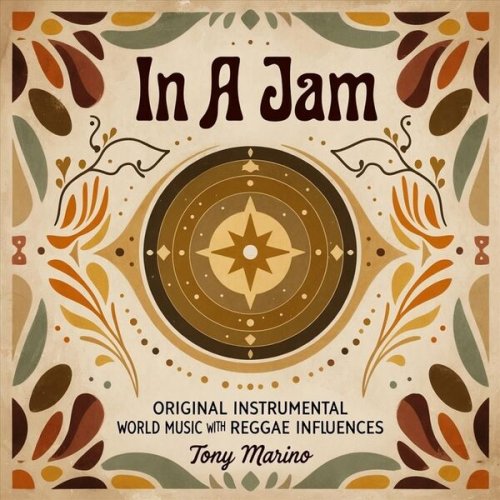

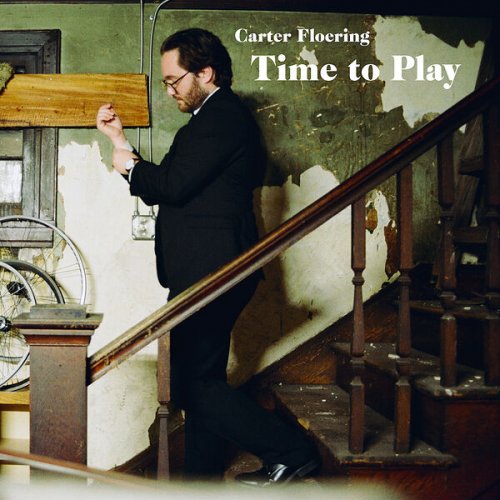
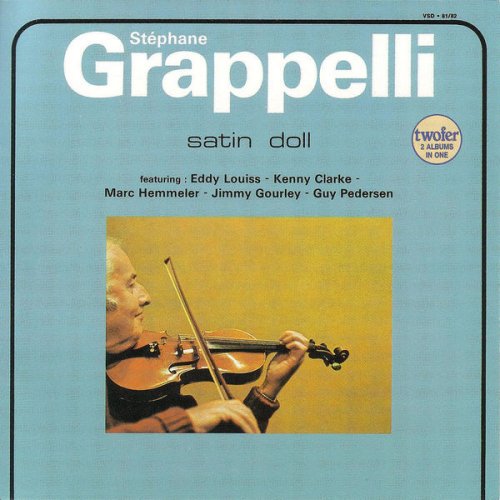
![Miles Okazaki - Trickster (2017) [Hi-Res] Miles Okazaki - Trickster (2017) [Hi-Res]](https://img.israbox.com/img/2026-01/11/seopgw42pdawuj6mnzlt31nd0.jpg)
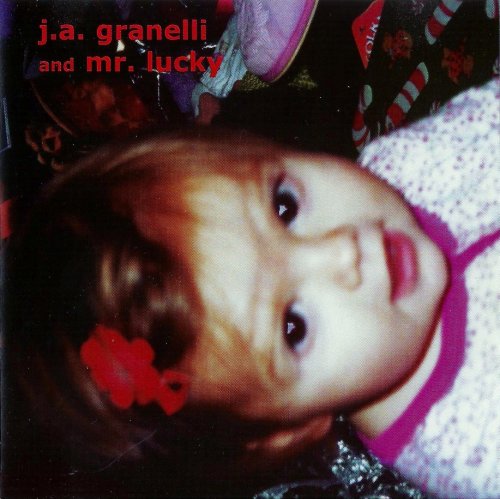
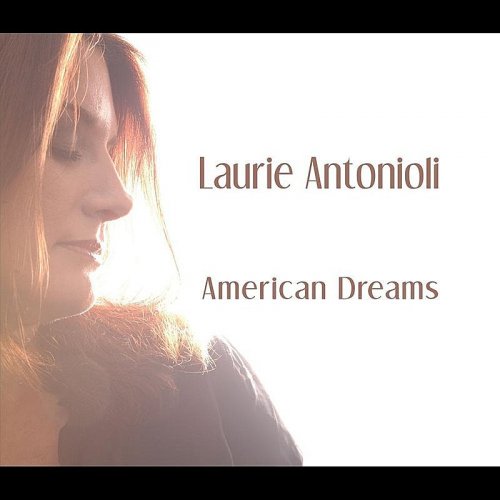
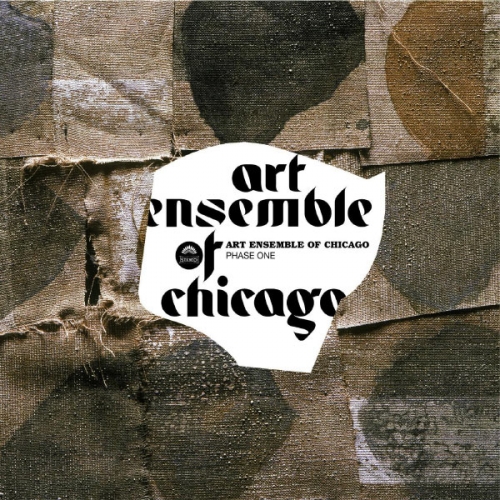
![Antonio Farao - Kind of... Piano solo (2026) [Hi-Res] Antonio Farao - Kind of... Piano solo (2026) [Hi-Res]](https://www.dibpic.com/uploads/posts/2026-01/1767893895_cover.jpg)